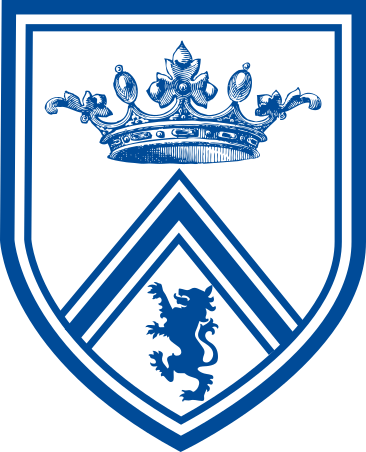PHOTOGRAPHY
Please click on the links below:
Photography Recommended Reading
What is Photography about?
Through teaching Photography we aim to encourage each student to develop and explore their creative, critical, imaginative and photographic skills, through a balanced programme of technical and creative activities. We look at photographers from diverse cultures and times, who use a range of editing techniques, whilst understanding the context in which they were made.
What do we teach in photography and why?
In year 9 students look closely at the basic elements of how to take and edit photographs by exploring Aperture, ISO, Shutter Speed, exposure compensation and photoshop skills. Students then develop the ability to research the work of photographers and analyse their photographs, showing their understanding of the technical and contextual aspects of their work. We focus on Still Life, Portrait and Landscape photography. Students look at Photography as a form of expression, looking at a range of social issues.
At KS4 students build on the skills and knowledge learnt in Year 9 to create more unique outcomes and developing their skills through the introduction of more sophisticated techniques and exploring the theme of Identity. Students will also choose from a list of Externally Set topics to create a body of work.
At KS5 students are encouraged to tackle a range of social issues, producing work that is personal to them, using more sophisticated editing software. Students are given the opportunity to take part in University portfolio preparation and supported to find a career pathway within the arts.
What does Photography enable our students to do?
Photography can provide the opportunity for students to express themselves through their work, thus raising their self-esteem. The contextual aspect of the course can be instrumental in improving students’ abilities to think, perceive, make decisions, and to work through problems. It also heightens and improves the students’ personal perception of the world and their reactions and responses to it. Photography is a useful tool to aid mindfulness and mental wellbeing.
How is the curriculum structured in Photography?
In year 9 students have one hour of Photography a week, with homework set fortnightly.
At KS4 students have three hours of Photography a week.
KS5 students get 5 hours of Photography a week.
Students are also able to take Art as a GCSE and A-Level option.
What specifications do we follow?
GCSE: OCR H603
A-LEVEL: OCR H603
What are the links between Photography and other subjects?
Photography can be linked to a number of subjects. For example, through researching and learning about photography throughout history or the work of photographers from different cultures, links can be made with History and Geography. Photography can also be linked to Citizenship, when we explore how art and photography have been used to raise awareness of social issues.
What are the future careers students can have when they study Photography?
The creative industries are thriving in the UK, currently growing at nearly double the rate of the wider UK economy. Worth over £84 billion, the creative industries provide one in seventeen jobs in the UK, accounting for 1.8 million jobs. The creative industries combined added more value to the UK economy than car manufacturing for most of the past decade.
Careers in the creative industries are amongst those least likely to be threatened by the emergence of artificial intelligence.
Typical careers that a qualification in Art & Design can lead to:
Museum Curator, Photographer, Photographic Stylist, Photographic Technician and Web Designer.
What extra-curricular activities can students take part in when they study Photography?
Students are offered the opportunity to visit galleries such as the Tate Modern, V&A, Photographer’s Gallery, Royal Academy, as well as the opportunity to take photographic tours of London.
Students are able to work in the department outside of lesson time and after school, to use the equipment and to get support with their work.








